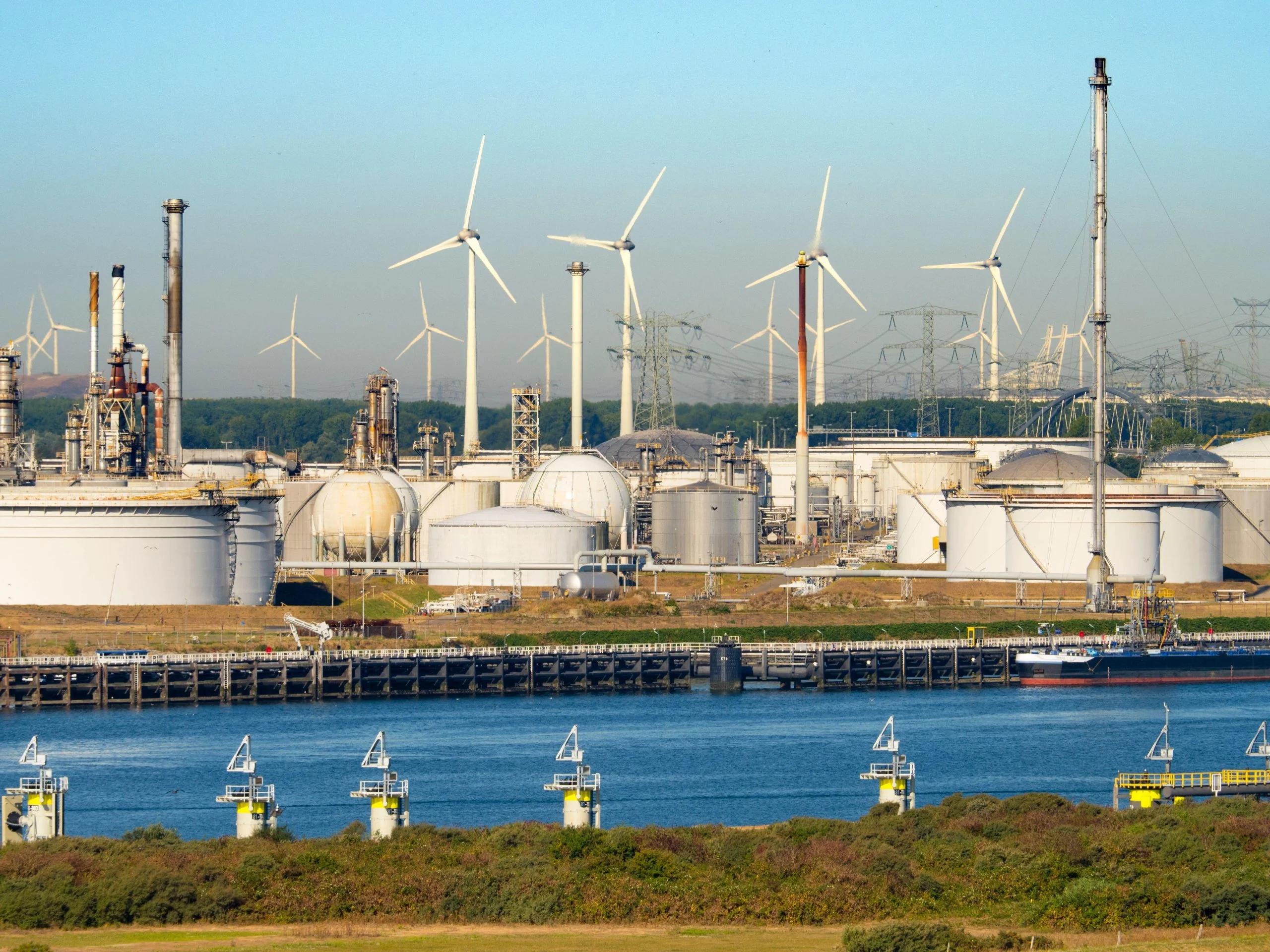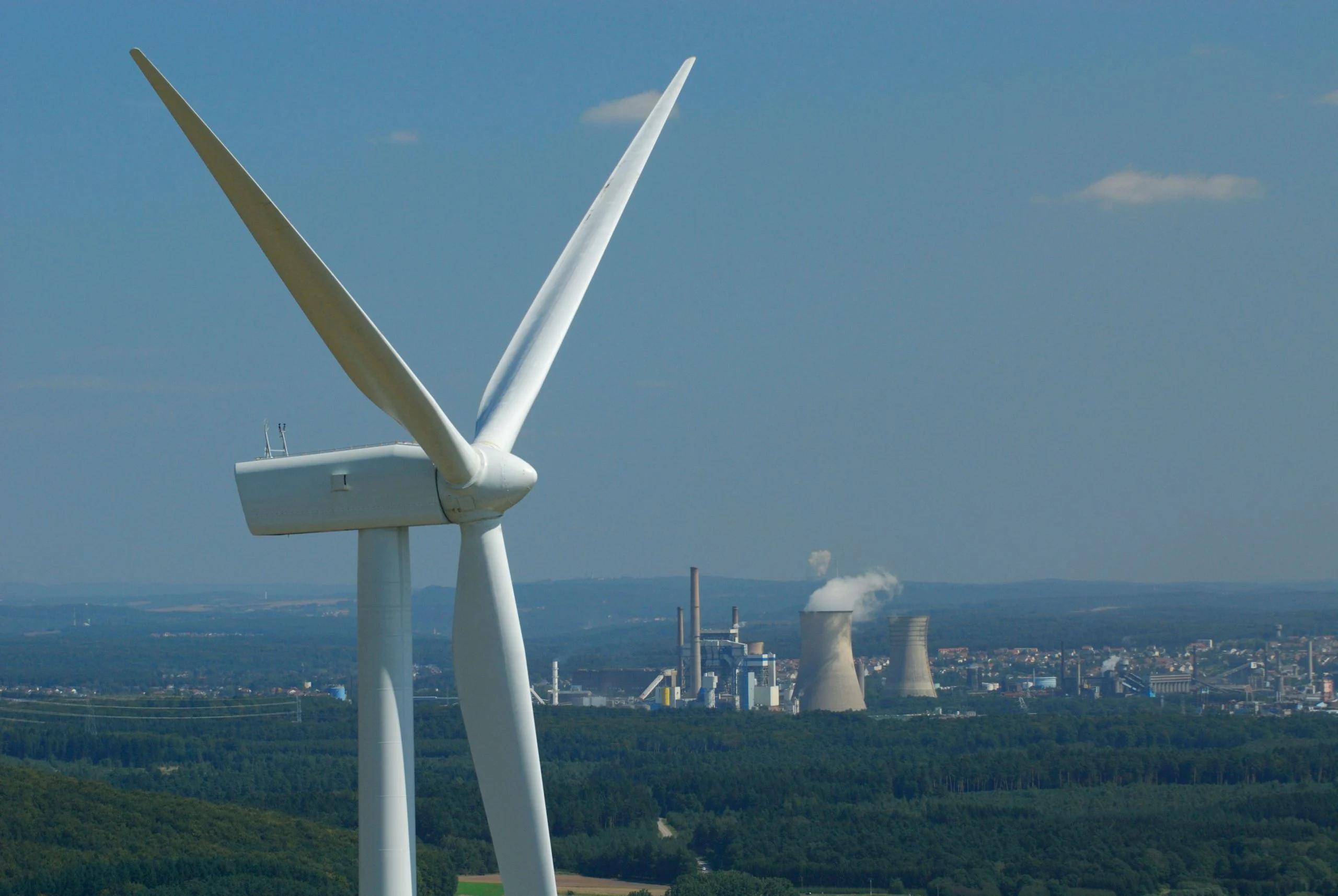Diversifying gas supply rather than accelerating the clean transition away from all fossil fuels will exacerbate the EU’s exposure to unnecessary economic and geopolitical risks, worsen the energy poverty crisis, negatively impact developing countries due to inflated prices, and derail climate objectives.
In January, Fatih Birol of the IEA declared that a commodity price shock would add $US741 (€584) to the average EU household bill in 2030 if governments continued with their stated policies. He concluded that clean energy investment remains inadequate and needs to triple by 2030 to get the world on track to limit global warming to 1.5 °C.
A recent report found that the EU can reduce gas demand and end Russian gas imports by 2025 through clean energy solutions – without building new gas import infrastructure, committing to expensive long-term gas contracts or extending coal power. This requires urgent action and considerable effort to achieve a massive expansion of wind and solar deployment and a significant increase in energy efficiency and electrification measures.
As políticas de "ajuste para 55" da UE devem ser aumentadas quando foram definidas no paradigma agora redundante antes da crise energética e da invasão da Ucrânia pela Rússia. Isso inclui o aumento da meta de energia renovável de 2030 da UE para pelo menos 50% e a alvo de economia de energia para 45%. A Comissão Europeia também deve realizar uma nova avaliação de impacto para sua reforma recentemente proposta das regras do mercado de gás da UE. Materiais
As high prices and volatility seem here to stay, the best way to shield consumers and mitigate risks is to reduce fossil fuel consumption through the accelerated deployment of cheaper, cleaner, homegrown renewables.





